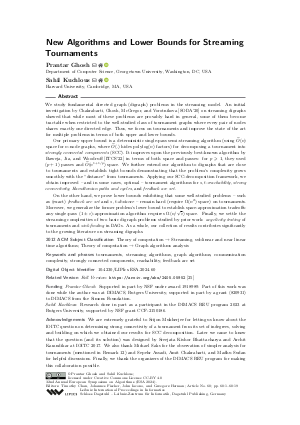LIPIcs.ESA.2024.60.pdf
- Filesize: 0.84 MB
- 19 pages

 Creative Commons Attribution 4.0 International license
Creative Commons Attribution 4.0 International license















Feedback for Dagstuhl Publishing